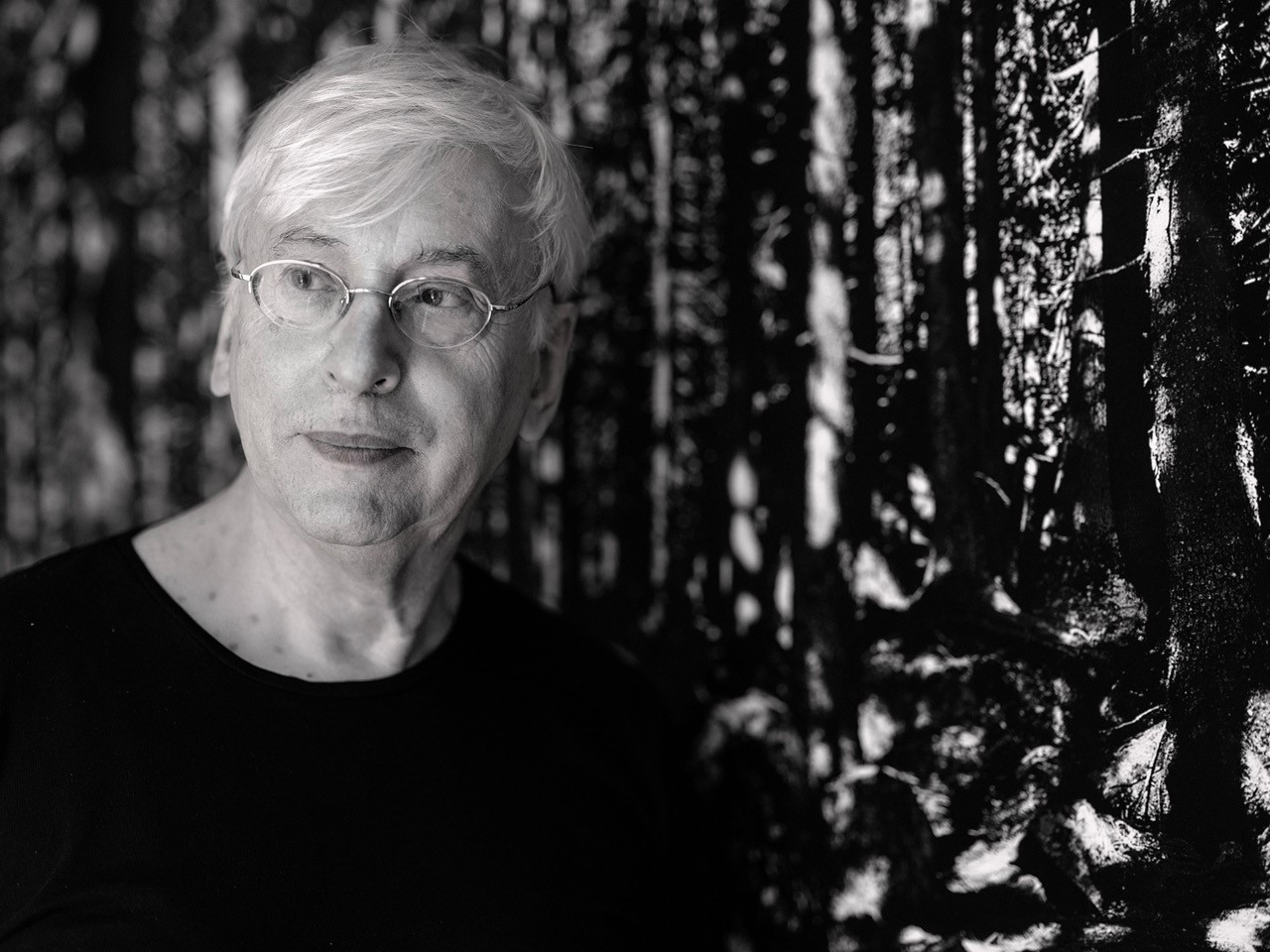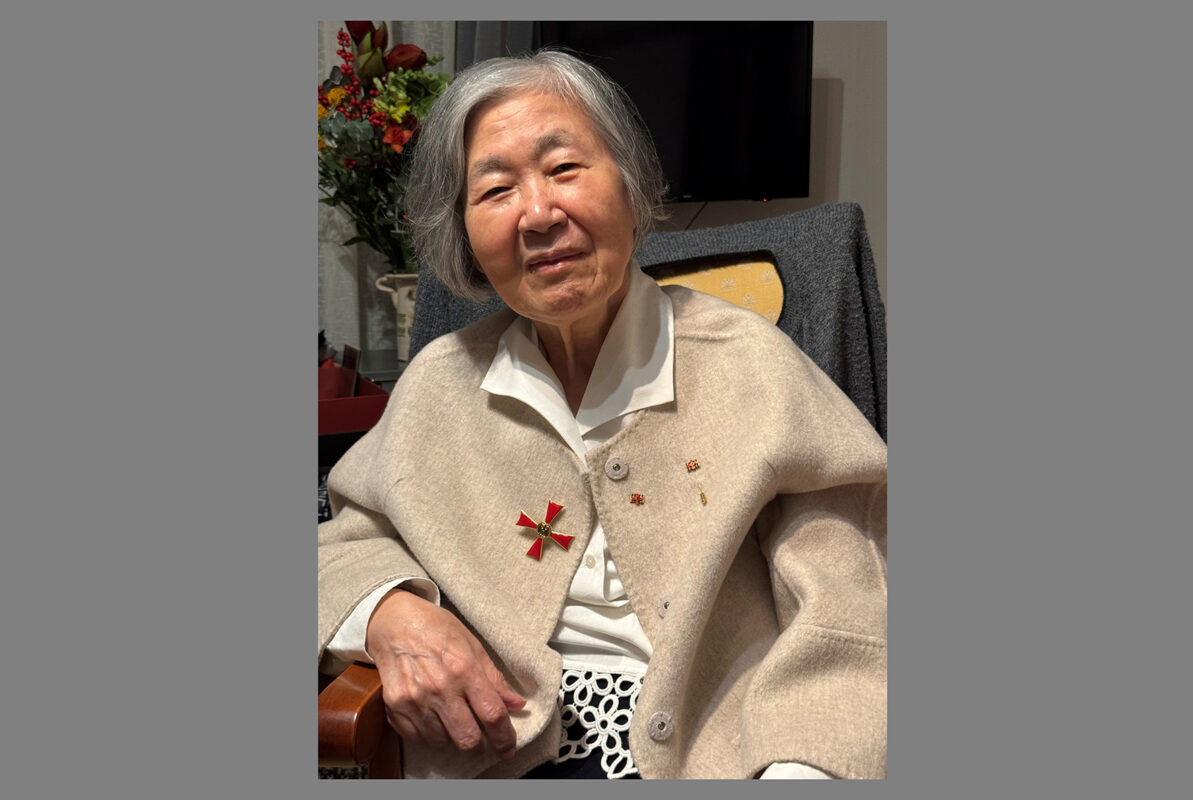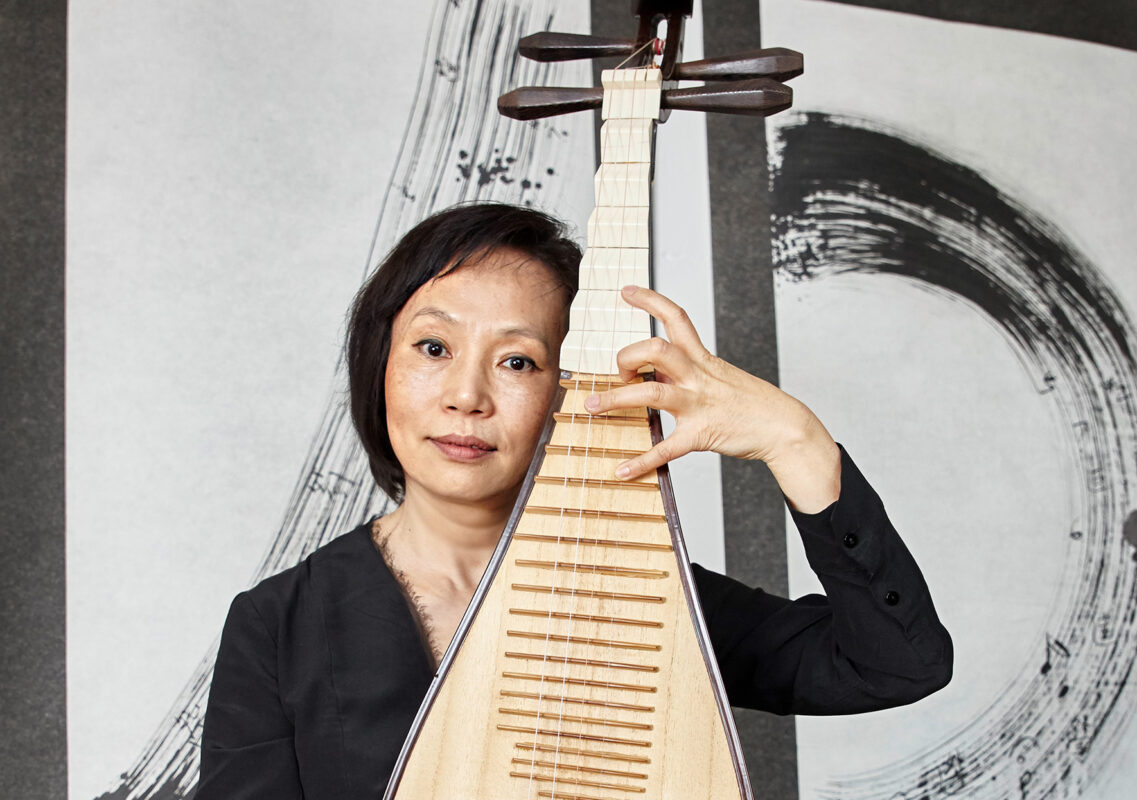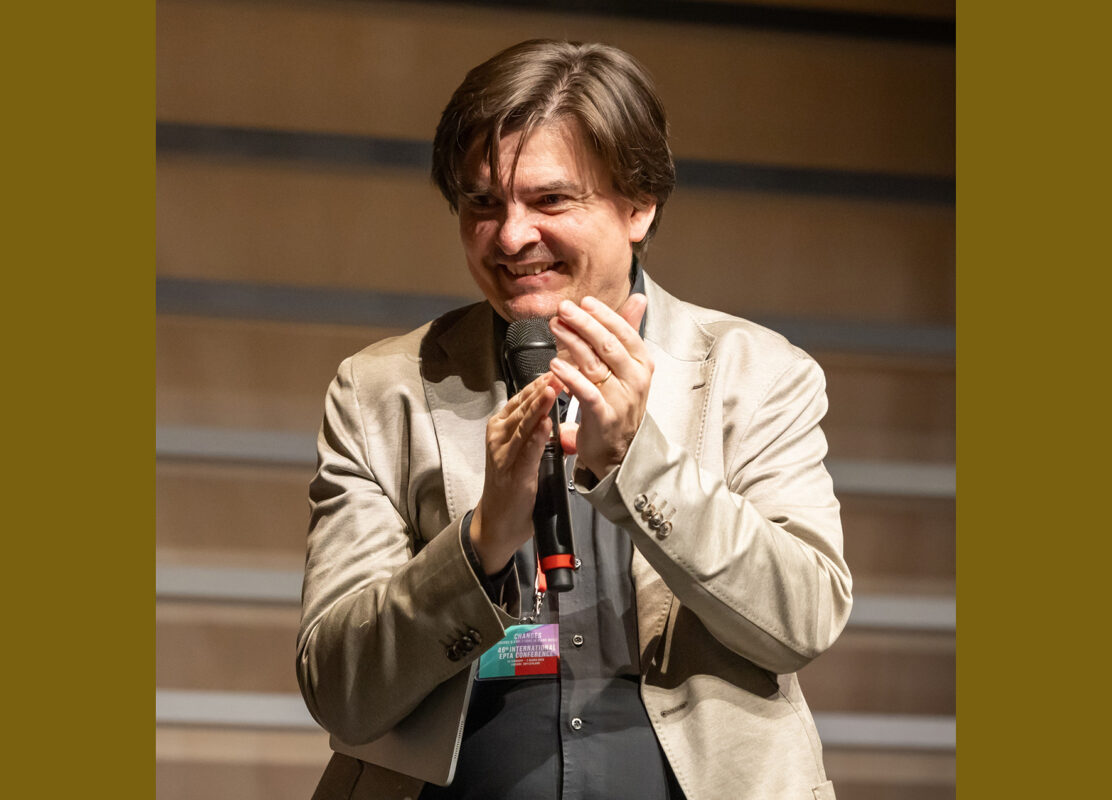Mario Venzago as composer
During the lockdown, the conductor wrote two operas. They are serious pieces on the questions: What can music do? What is music to us?

The fact that conductors also excel as composers has become a rare phenomenon. Conductor-composers such as Esa-Pekka Salonen or Peter Eötvös are rare exceptions. Is it because the demands on the conducting profession grew in the 20th century and ambitious young conductors felt they had to choose one of the two careers? It is quite likely that most of them still composed privately and "for the drawer". Because someone "who performs and arranges the music", as Johann Gottfried Walther wrote almost 300 years ago in his Musical Lexicon In practice, they deal intensively with the "order" and style of music and have an enormous amount of know-how, which in itself offers the best conditions for composing. Nevertheless, the people concerned seem to fear the accusation of dilettantism and bashfully withhold their works.
Herbert von Karajan and Sergiu Celibidache, for example, expressed themselves compositionally only in the field of the grotesque and the bizarre. Celibidache's thirteen-part orchestral suite The pocket gardenwritten for children, was at least performed by himself and released on record; The cast-iron stag by Herbert von Karajan, a symphonic poem for alphorn ad libitum and orchestra based on a Salzburg folk tale, only came to public attention in 2009 thanks to the consent of Karajan's widow.
Inspiration from the word
The conductor Mario Venzago, who celebrates his 75th birthday on July 1, 2023, has, like his colleagues, only performed two of his own works in his long career. His cantata Counterspell (1977) for soprano, trombone, orchestra and hidden brass band based on a novel by Adolf Muschg was awarded a prize in a competition organized by British American Tobacco. His Violin Concerto, a life's work that he began working on in his early years as a conductor, was premiered in 2021 in his farewell concert as chief conductor of the Bern Symphony Orchestra (https://www.musikzeitung.ch/berichte/2021/07/mario-venzagos-violinkonzert-als-bio-piece). It impresses with its profundity, wealth of material and immediate intensity; the masterful handling of the instruments reflects the conductor's lifelong practical experience. Venzago's distinctive interest and talent for shaping music is also evident in his arrangements - his additions to Schubert's "unfinished" B minor Symphony, for example.
At the time of the violin concerto's premiere, the coronavirus pandemic had caused a turning point in Venzago's working life, which led him to compose in a completely new and fundamental way. Not to symphonic music, which has long been his main professional interest, but to opera. The inspiration came from the texts and content. In just two years, he composed two operas based on very different texts and went about his work with uncompromisingly original and provocative ideas. As he himself often said, if the music could not be performed, it wanted to be expressed with power.
Hotel rooms in keys
The first opera, a one-act play with the title Hotel Windermeris based on a short story by the classic crime novelist Raymond Chandler (I'll be waiting). The location inspired the Schönberg adept Venzago to assign the twelve keys to the twelve rooms of the hotel, the colors of which are used by the characters in the crime story: the hotel detective, the beautiful stranger waiting for her lover, the lover on the run, the concierge, some gangsters, including, surprisingly, the hotel detective's brother.
To further populate the rooms, Venzago introduces card players and an aged violin diva, who is the only member of the ensemble who does not sing but actually plays the violin. In addition, there are two very virtuoso parts for stage pianos, so that it is clear from the outset who has the real leading role in this story: the music. He has no shortage of bizarre and comical ideas: for example, he creates a sound-painting roulette scene that traces the path of the rolling, bouncing ball in the orchestra. For the love duet, he uses verses from the Song of Solomon and turns them into a real rap accompanied by percussion. The "Waiting" from the original title of the original is associated with Penelope's waiting right at the beginning of the opera, quoting Monteverdi. After a ten-part funeral music in vocalises, the ending draws a surprising, half-open conclusion ("I'll never wait again").
Vocal intervals and Far Eastern sound idioms
In the novel for the second opera, The Piano Tuner resp. Her Majesty's piano tuner by Daniel Mason, Venzago found completely different qualities and musical aspects that interested him. The instrument with which he himself found his way to music is the focus here, but not in connection with virtuosity, but with the figure of a "technician": In the late 19th century, this piano tuner travels to the Far East to repair the Erard grand piano of a whimsical military doctor in the jungle. Here, the utopia of bringing peace through music is negotiated and must cruelly fail. The exotic coloring of the ship voyage and the locations in Myanmar lead Venzago, who skilfully condenses the epic breadth of the original into five scenes and two epilogues, to free-tonal, sometimes twelve-tone structures. "Burmese" sound idioms are hinted at with six-tone constructions.
Venzago draws on the ostracized music of the 1930s as well as elements from pop and musicals, but takes a decidedly organic rather than collage-like approach. Musical burlesque characterizes the world of the British military, for example in a polyphonic soldier's song declaimed in semi-voice. Delicately erotic moments arise in the piano tuner's encounter with the doctor's Burmese assistant, who becomes a kind of guide into unknown worlds of sound. As the climax of the opera, Venzago transforms the tuning of the piano into a "symphony of voices", which increasingly interweaves the realistic striking of the intervals with a polyphonic world of birdsong in the orchestra.
Far from the mainstream
These two projects seem extraordinary, and they are certainly bold, also with regard to the question of performance. After all, what artistic director would dare to commit himself so far from the mainstream? Venzago's operas by no means fall into the categories of grotesque and bizarre. Despite comic aspects and eccentric moments, they are serious pieces and deal with the big questions: What can music do? What is music to us? As Venzago's wealth of ideas also guarantees good entertainment, one would very much like to see both operas performed one day. Venzago himself continues to compose when he is not on concert tours: he is now working on a piano concerto.
Dorothea Krimm
... is a musicologist and manages the library of the Bühnen Bern.








